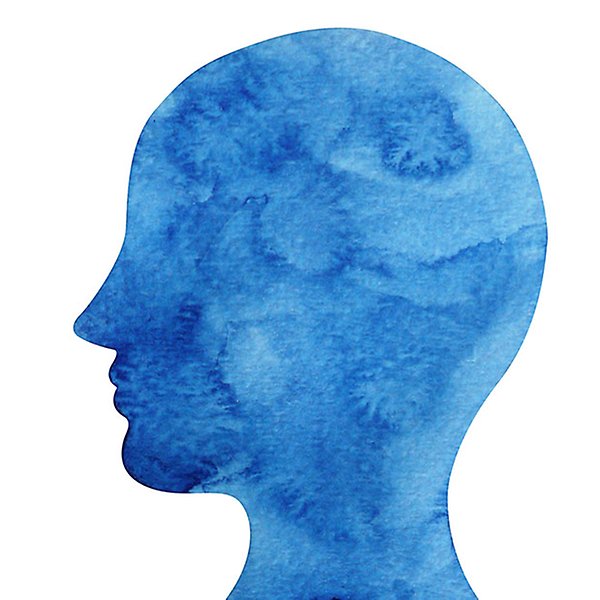Mental health
In recent decades we have witnessed a disturbing increase in mental ill health in society. Alarming reports are proliferating about a lack of wellbeing among our children and young people, with mental ill health among young women calling for particular attention. The quality of sleep, which has a great influence on our wellbeing, has deteriorated over time and the coronavirus pandemic over the past two years has had a palpable impact in terms of poorer mental health.
The state of knowledge has improved and psychiatry now has a large arsenal of evidence-based therapies at its disposal. However, there are still large gaps in our knowledge about mental health and ill health. In addition, ignorance, stigmatisation and prejudices about mental illness are issues that have to be addressed.
As mental health affects and is affected by every part of society, we need both development work and solutions across the board, involving collaboration across subject and sector lines. Mental health issues need to be tackled from both a medical perspective and a broader societal perspective.
There is knowledge in areas directly or indirectly related to mental health in all disciplinary domains at Uppsala University. The University has strong research environments in both women’s health and the biology behind mental ill health, as well as psychology, theology and gender studies, which can all contribute to a sustainable society from a public health perspective.

Examples of ongoing research
The network diving deep into anxiety
Anxiety is so much more than a rapid heartbeat, sweat and panic. For two years now, a network at Upp...

Weighted blanket increases melatonin
A new study from Uppsala University shows that using a weighted blanket at bedtime increases melaton...

“Links have been identified between perfectionism and mental illness”
Hello there Alexander Rozental, senior lecturer at the Department of Psychology and author of the se...

Research centre and research groups
Centre for Women’s Mental Health during the Reproductive Lifespan – WoMHeR
Uppsala University has a multidisciplinary centre for women’s mental health – WoMHeR. The goal of this research initiative is to prevent, detect and treat mental ill health among women of childbearing age. In addition to researchers from the Department of Women’s and Children’s Health and the Department of Neuroscience, the centre involves staff from gender studies, psychiatry, psychology, occupational and environmental medicine, law, theology, economics, chemistry, information technology and SciLifeLab.
Website of the Centre for Women’s Mental Health (WoMHeR)
U-CARE
U-CARE was started in 2010 and is one of the Swedish government’s strategic research programmes. At U-CARE, researchers study the psychosocial consequences experienced by people suffering physical ill health and their close family members and friends. U-CARE aims to offer online psychosocial support and psychological self-help programmes.
As part of the research programme, the U-CARE portal has been developed, an internet platform via which psychosocial support and psychological treatment can be offered and their effects can be studied.
Website of the U-CARE research programme
Emotional Mental Imagery Lab – EMIL
The scientific research in mental health conducted at the Emotional Mental Imagery Lab (EMIL) combines clinical psychology with other perspectives to create innovative treatments (mental health science). The group has a particular interest in mental images and emotions, for example intrusive memories of trauma. Knowledge about mental images can be used, for example, to develop innovative interventions for trauma associated with COVID-19. The need for effective new treatments for post-traumatic stress symptoms (such as PTSD) that can be offered on a large scale and at low cost has never been greater.
Website of the research group Emotional Mental Imagery Lab (EMIL)
Clinical psychiatry
The clinical psychiatry research group studies the major groups of psychiatric disorders, proceeding from a nature–nurture interaction model in which mental ill health arises out of an interplay between biological, psychological and social vulnerability factors. The research group’s ultimate objective is to improve mental health both in individuals and in society in general.
